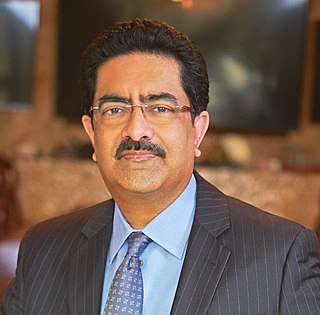A Quote by Chrystia Freeland
The high-tech, globalized capitalism of the 21st century is very different from the postwar version of capitalism that performed so magnificently for the middle classes of the Western world.
Related Quotes
At the turn of the [21st] century it was really Sergey Brin at Google who just had the thought of, well, if we give away all the information services, but we make money from advertising, we can make information free and still have capitalism. But the problem with that is it reneges on the social contract where people still participate in the formal economy. And it's a kind of capitalism that's totally self-defeating because it's so narrow. It's a winner-take-all capitalism that's not sustaining.
Basically, global capitalism, basically to support it, or is it to be opposed? Is international order to be supported, or is it to be opposed? Republicans have taken a very clear line. Democrats can have a different version of the line, or they can just say, no, we are the party of international peace and activism, and we're the party that's going to have a civilized capitalism.
One of the popular views in the liberal circles of the West is that we are actually 'all victims of capitalism'. I disagree. This savage global capitalism is only one of the most terrible bi-products of the dominant Western culture of racism, greed, brutality and unbridled desire to control the world.
I imagine you already know that I am much more socialistic in my economic theory than capitalistic. And yet I am not so opposed to capitalism that I have failed to see its relative merits. It started out with a noble and high motive, to block the trade monopolies of nobles, but like most human systems it falls victim to the very thing it was revolting against. So today capitalism has outlived its usefulness. It has brought about a system that takes necessities from the masses to give luxuries to the classes.
Here's what I don't think works: An economic system that was founded in the 16th century and another that was founded in the 19th century. I'm tired of this discussion of capitalism and socialism; we live in the 21st century, we need an economic system that has democracy as its underpinnings and an ethical code.
Here's what I don't think works: An economic system that was founded in the 16th century and another that was founded in the 19th century. I'm tired of this discussion of capitalism and socialism; we live in the 21st century; we need an economic system that has democracy as its underpinnings and an ethical code.
The slave states of Western world are an outgrowth of monopolistic capitalism - an economic system which is opposed to the wide distribution of private property in many hands. Instead, monopolistic capitalism concentrates productive wealth among a few men, allowing the rest to become a vast proletariat.


































